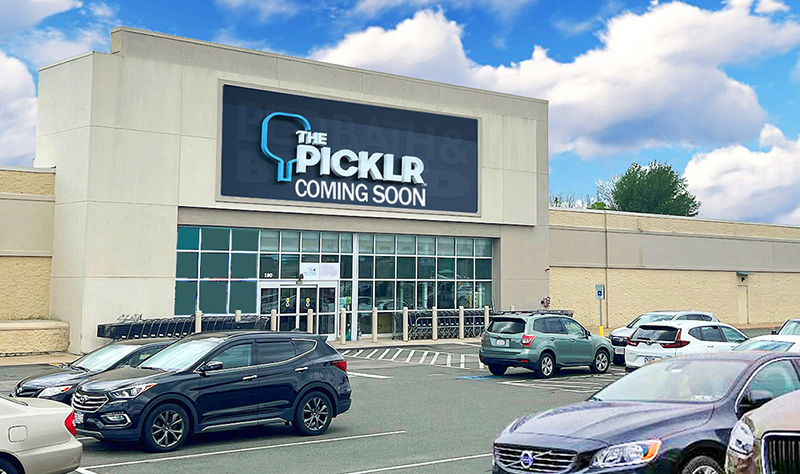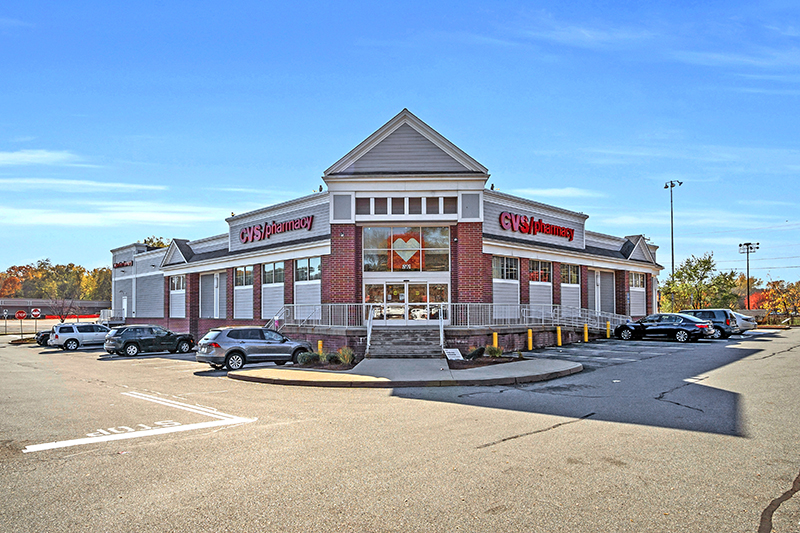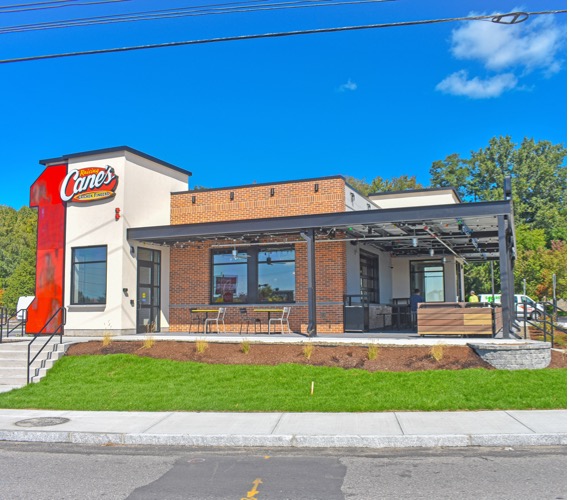News: Retail
Posted: August 20, 2008
Bowdoin Construction's proactive planning for the retail needs of tomorrow
Due to the current state of the economy the construction of new developments for the New England regions retail sector has seen a slow down in recent months. High gas prices and volatile building material costs are taking their toll on the leasing deals and, as a result, there are only a handful of premier new developments that seem poised to move on the construction front.
That said, the horizon of opportunity for new developments shows signs of optimism with many projects in the planning stages anticipated for spring of 2009 starts. These developments include a continuation of the trend towards lifestyle centers, and also include several new-to-the-region retailers and supermarkets that are being more creative with their prototypes and store sizes in order to offer flexibility on entry to today's hybrid open air centers.
In order to get the deals done and make projected milestone dates stick, developers, retailers and brokers are focusing on their due diligence. They need to get their arms around costs and the trends in the market in order to plan their developments with accuracy and predictability. Given that many centers these days incorporate so many building types and building materials, it is most beneficial for the owner/developer to retain a construction manager that has experience pricing, scheduling and building a wide range of retail and mixed-use developments. Today's lifestyle centers are multi-building developments with upscale facades and storefronts, often on all four sides of each structure. They also incorporate extensive landscape/hardscape packages with widened walkways, fountains and outdoor seating. The hybrid center often incorporates other mid to large size box tenants and supermarkets which may require shell only or full build-to-suit delivery. Many of these centers are also incorporating a mix of other uses including hotels, apartments, assisted living, and office space. Having a builder/construction manager on board who understands these varying costs, schedules, and tenant coordination requirements will be of great aid in the planning, value engineering and overall management approach to the design and construction process.
In addition, the retail world is starting to recognize the importance of developing their centers with a green building initiative. For the past six years, Bowdoin has been providing an evaluation of sustainable design options for our diverse client base which include private institutions, commercial office properties, multifamily communities, and retail developments. Many of these options can be incorporated with minimal impact on the short term budget while providing more energy efficiency and ecologically responsible long term use and maintenance. Some of the features which we have evaluated and utilized include reflective white roofing, increased use of natural daylight, high efficiency light fixtures and HVAC equipment, permeable paving, increased green space, water retention basins, and recycling programs. Pursuing a LEED certification is certainly an admirable goal, but don't let the expense of this filing and paperwork process be a deterrent to embracing a green building effort. At Bowdoin, our primary interest is to encourage and support our clients with a green building initiative that still achieves their economic goals, which may or may not include the pursuit of a LEED certification.
Bowdoin Construction is one of the New England region's leading construction managers, providing comprehensive pre-construction and construction management services for commercial office/industrial properties, private institutions, hospitality/multi-unit living communities, and retail developments.
Chris Keeley is vice president of Bowdoin Construction Corporation, Needham Heights, Mass.
Tags:
Retail
MORE FROM Retail
Mace of KeyPoint Partners negotiates 36,192 s/f lease for The Picklr at Endicott Square
Danvers, MA KeyPoint Partners (KPP) negotiated a lease with the nation’s premier indoor pickleball venue The Picklr at Endicott Sq. Vice president of retail brokerage Don Mace negotiated the transaction on behalf of the landlord.

Quick Hits




.jpg)


